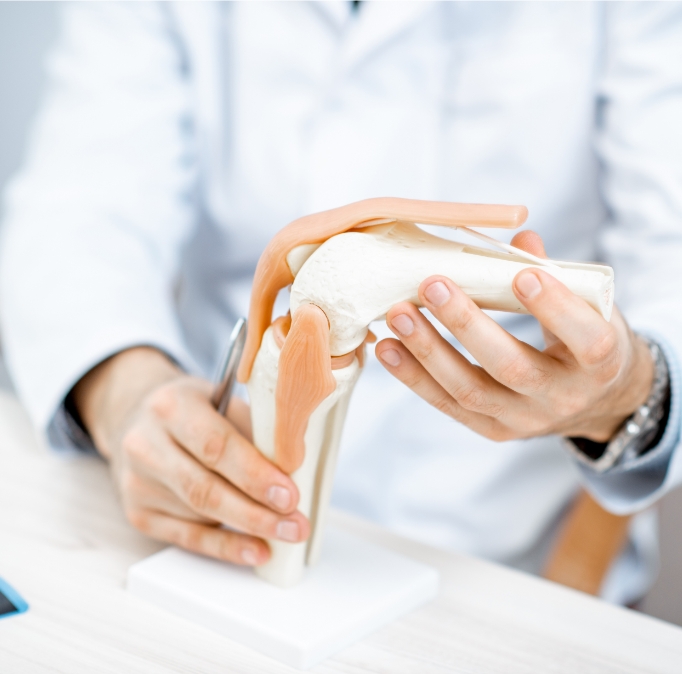Expected results
Patients can expect significant pain relief, improved tendon function, and faster recovery compared to traditional surgical methods. This treatment helps to alleviate discomfort caused by chronic tendon conditions.
Sports & Non-Surgical Orthopaedic Medicine
Achieve relief from chronic tendon pain with Tenex. Dr Ralph Rogers utilises this minimally invasive procedure to remove damaged tissue and promote healing, offering an effective solution for tendon-related conditions.

Tenex is a minimally invasive procedure that uses ultrasound guidance to precisely remove damaged tendon tissue. This technique promotes natural healing and is effective for treating conditions like tendinitis and plantar fasciitis.
A clinic appointment for Tenex involves a detailed assessment of the affected tendon, followed by the precise removal of damaged tissue using the Tenex system. Dr Rogers ensures accuracy and effectiveness in administering this advanced treatment.
During the appointment, Dr Rogers will:
Review your medical history and symptoms.
Perform an ultrasound scan of the affected tendon.
Administer local anaesthesia.
Use the Tenex device to remove damaged tissue.
Discuss post-procedure care and any follow-up treatments.
Patients can expect significant pain relief, improved tendon function, and faster recovery compared to traditional surgical methods. This treatment helps to alleviate discomfort caused by chronic tendon conditions.
The procedure typically lasts between 30 to 60 minutes, depending on the complexity of the condition and the area being treated.
There is minimal recovery time required. Patients can usually resume normal activities within a few days, following Dr Rogers’ specific aftercare instructions.
The procedure is generally well-tolerated. Local anaesthesia is used to minimise discomfort during the treatment.
The benefits of Tenex can last for several months to years, depending on the condition being treated and the individual’s response to the procedure.
Prices starting from £3200.

Consultation: Dr Rogers discusses your medical history and symptoms.
Ultrasound Examination: Ultrasound scan to locate the damaged tissue.
Procedure: Administration of local anaesthesia and removal of damaged tissue using the Tenex device.
Post-Procedure: Discussion of aftercare and follow-up treatments.
Aftercare involves following Dr Rogers’ recommendations, which may include rest, ice application, and avoiding strenuous activities. Regular follow-up appointments help monitor progress and adjust treatment as needed.
Conditions such as tendinitis, plantar fasciitis, and other chronic tendon issues can be treated.
Wear comfortable clothing and follow any specific instructions provided by Dr Rogers.
Expect an ultrasound scan followed by the precise removal of damaged tissue. Local anaesthesia will be used to minimise discomfort.
The frequency of follow-up appointments depends on your condition and treatment plan. Dr Rogers will provide specific recommendations.
It’s generally safe to drive home after the procedure, but it’s advisable to arrange for someone to drive you if you feel uncomfortable.
Please send your enquiry to us and our Practice Manager will be in touch shortly. Alternatively, if you would rather speak to us or your enquiry requires our urgent attention, please call us on 01344 946363.